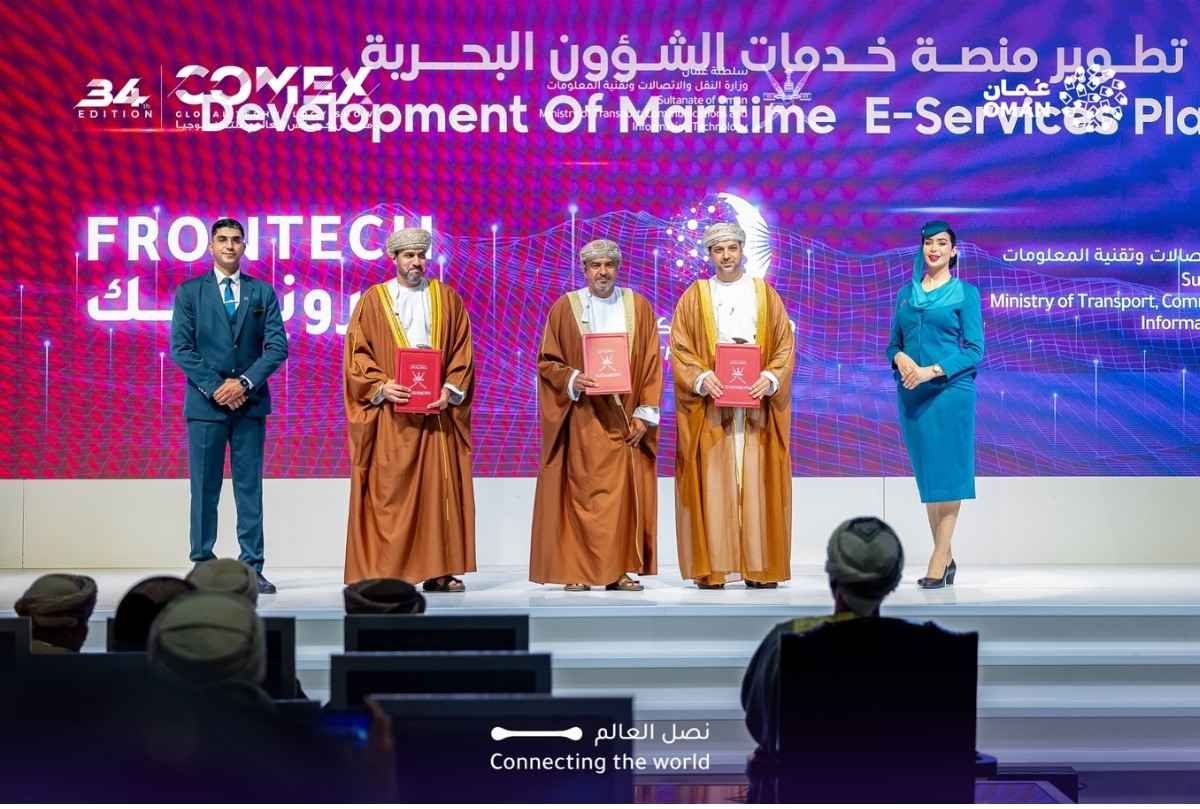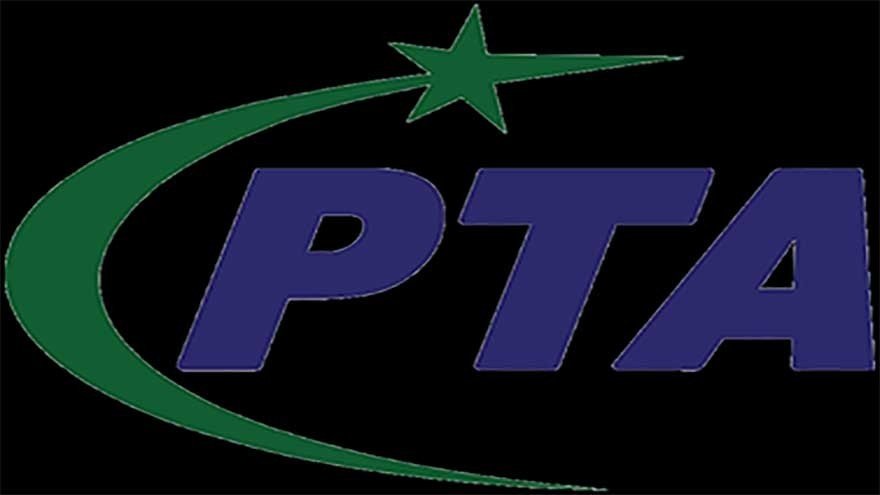Policymakers and regulators across the Middle East and North Africa (MENA) region risk missing out on significant economic growth driven by mobile technology unless urgent policy reforms are enacted, according to a recent GSMA report presented at a high-level CxO and policy roundtable hosted by Vodafone Egypt in Cairo.
The report, titled Igniting Mobile Investment in MENA, examines how well countries in the region are positioned to improve and expand their mobile networks. It identifies key strengths and areas for improvement in current policies, offering actionable recommendations to boost investment and enhance mobile access for all.
With the mobile sector expected to contribute over $200 billion to MENA’s GDP by 2030, the stakes are high. However, the report warns that outdated regulatory environments, fragmented licensing management, and high sector-specific taxation are hindering the necessary investments required to modernize and expand networks. Despite being within coverage, over 250 million people in MENA remain offline, underscoring the urgent need for policies that support infrastructure expansion and digital inclusion.
Governments in MENA have set ambitious digital transformation goals, but the investment climate still lags behind. The report outlines a clear roadmap for reform, helping mobile networks deliver the connectivity, services, and economic growth that the region’s societies are relying on.
“Governments need to modernize regulatory frameworks to unlock the potential of mobile technology, enabling it to contribute fully to economic growth and digital transformation across the region,” said Jawad Abbassi, Head of MENA at GSMA.
At the core of the report is the Infrastructure Policy Readiness Framework, a tool developed by GSMA to help policymakers assess the investment-readiness of their regulatory environments. The report evaluates mobile investment conditions in 13 MENA markets and reveals common challenges, including:
- Restrictive licensing models and short spectrum license durations
- High, distortionary sector-specific taxes
- Delays in infrastructure deployment approvals
- Lack of supportive frameworks for network sharing
- Limited provisions for cross-border data flows and innovation
To address these issues, GSMA has identified five key reforms necessary to improve the investment climate and accelerate network rollout:
- Modernize licensing frameworks to allow technology neutrality and extend spectrum license durations to reduce risk for investors.
- Implement fair, investment-friendly taxation to encourage infrastructure investment.
- Establish supportive frameworks for infrastructure sharing to expand rural coverage and reduce costs.
- Foster competitive, open market dynamics to enable efficient investment and increase consumer choice.
- Create regulations that support innovation and emerging technologies like 5G, AI, and cloud computing.
“These are practical steps that will deliver long-term benefits. It’s not just about building networks—it’s about creating opportunities for people, communities, and economies,” said Michaela Angonius, Head of Policy and Regulation at GSMA.
The GSMA report was presented during the GSMA MENA CxO Roundtable, which brought together senior government officials and industry leaders to discuss the importance of public-private collaboration for successful digital transformation in the region. Vodafone Egypt’s External Affairs and Legal Director, Ayman Essam, emphasized the company’s commitment to leveraging expertise, including 5G experience across 49 markets, to address MENA’s digital challenges.
The GSMA is urging governments across the region to adopt the recommendations and collaborate more deeply with mobile industry stakeholders to meet the region’s digital ambitions.















